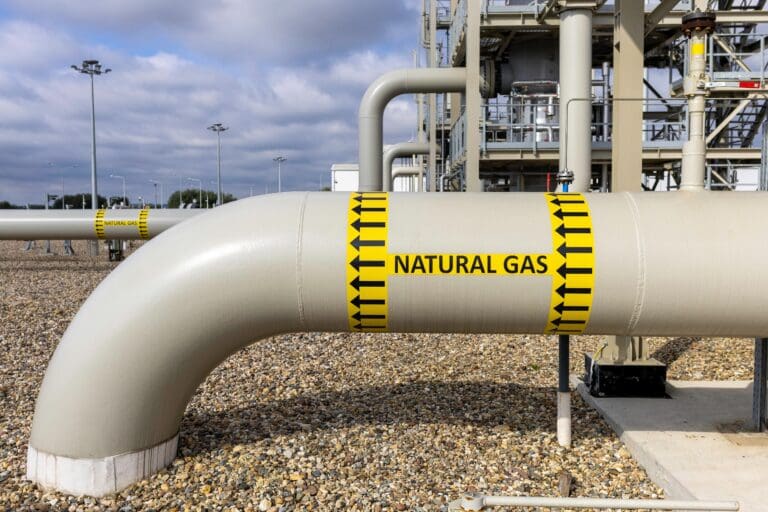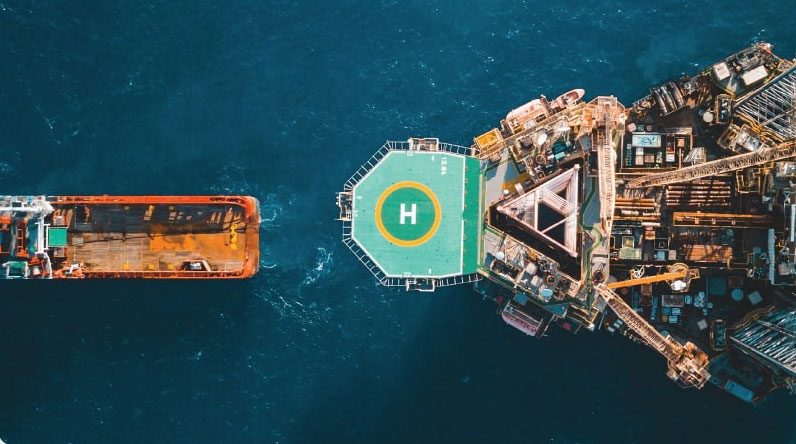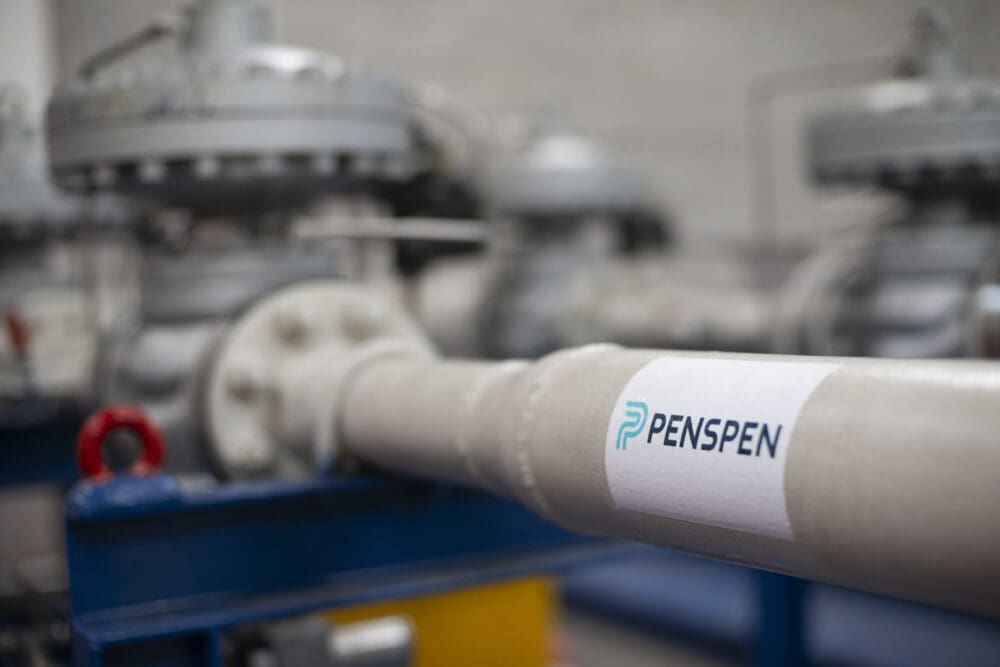Hydrogen is a key solution for decarbonising heavy industry and transport in the MENA region, yet challenges remain due to high production and transportation costs. While pipelines offer a cost-effective option for localised hydrogen transport, marine shipping methods such as ammonia and liquefied hydrogen involve higher expenses.
In our latest technical article, Bilal Hassan, Senior Energy Transition Consultant – East Region at Penspen, provides an in-depth analysis of these hydrogen transportation methods. He explores their cost implications and examines how technological advancements could improve hydrogen’s viability. Download the article now to gain valuable insights from Penspen and learn how to address these challenges and advance your hydrogen strategies in the MENA region.
Download PaperRelated Insights
Curiosity, Commitment, and Corrosion: Our People – Yureis Villasmil
Passionate about personal development, integrity engineer Yureis shares how her her work contributes to the safe and sustainable delivery of energy throughout Latin America. ...

Development and Implementation of Asset Integrity Management Systems
In the case of facilities, integrity management is somewhat more complex than for pipelines, due to the nature and complexity of these types of assets, which distinguish them from a main...

Pipeline Performance vs Dust
In the latest integrity issue of World Pipelines, Penspen Asset Integrity experts explore how dust impacts the integrity, reliability, and safety of gas transmission and distribution systems, and...

A New Landscape: Our People – Nick Molnar
Nick is a Senior Pipeline Integrity Engineer at Penspen. Since joining the team in November 2024 and relocating from Canada to Abu Dhabi, he’s been an integral part of Penspen’s Centre of...




